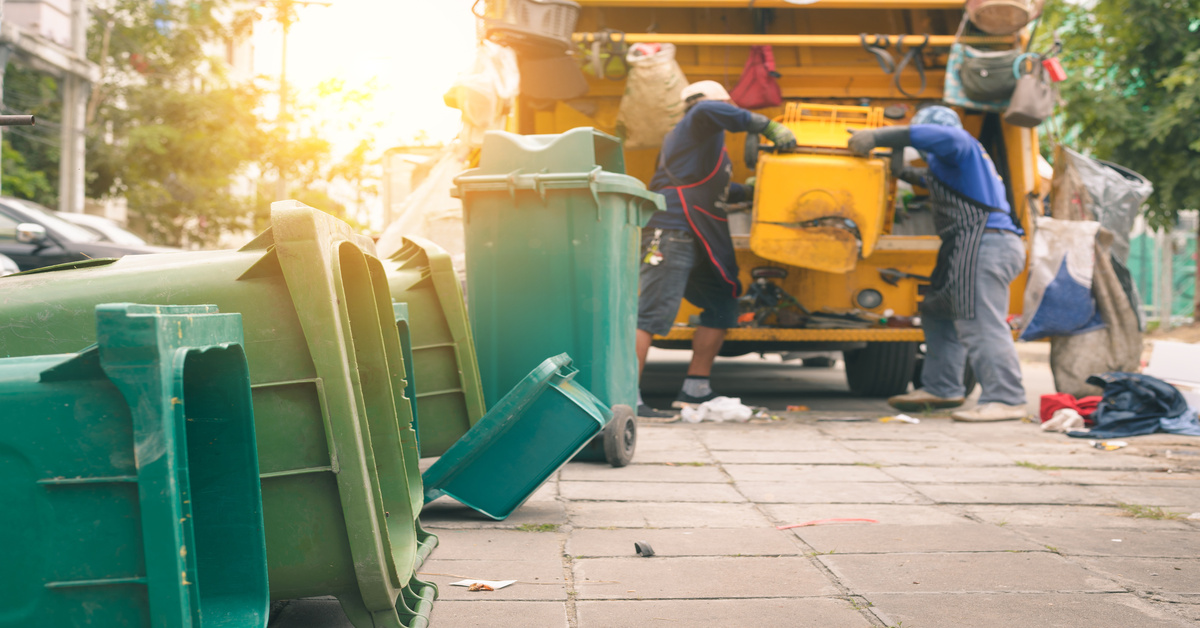How to Stay Compliant With Your Waste Management

Managing waste responsibly protects both your business and the environment. Manufacturing facilities, warehouses, and other large generators face complex regulations that require careful attention to detail.
Understanding how to stay compliant with your waste management prevents costly penalties while safeguarding your operations and reputation.
Understand Your Waste Classification Requirements
Proper waste classification forms the foundation of compliance. Different materials require different handling protocols, documentation, and disposal methods. Hazardous waste demands stricter controls than non-hazardous materials.
Review your waste streams regularly to identify what you generate. Common categories include chemical byproducts, contaminated materials, and expired products. Each type carries specific regulatory requirements that affect storage, labeling, and disposal procedures.
Maintain Accurate Documentation Systems
Documentation serves as your compliance lifeline during inspections and audits. Keep detailed records of waste generation, storage, transportation, and disposal activities. These records demonstrate your commitment to proper waste management practices.
Track manifests, certificates of destruction, and disposal receipts systematically. Digital record-keeping systems help organize these documents while providing quick access when needed. Regular documentation reviews help identify potential compliance gaps before they become problems.
Implement Proper Storage and Labeling Protocols
Waste storage areas require specific safety measures and organizational systems. Separate incompatible materials to prevent dangerous reactions. Use appropriate containers that meet regulatory standards for different waste types.
Label all containers clearly with contents, hazard classifications, and accumulation dates. Proper labeling prevents confusion during handling and transportation while meeting regulatory requirements. Regular container inspections help identify potential issues before they compromise safety or compliance.
Quick Storage Tips:
- Store containers on impermeable surfaces
- Maintain adequate aisle space for inspections
- Keep storage areas clean and organized
- Monitor temperature and ventilation requirements
Train Your Team on Waste Management Procedures
Employee training fosters a culture of compliance across your organization. Staff members who handle waste materials need thorough education on proper procedures, safety protocols, and emergency response measures.
Conduct regular training sessions on waste identification, handling techniques, and documentation requirements. Update training materials whenever regulations change or new waste streams appear. Well-trained employees lower the risk of compliance violations and workplace accidents.
Partner With Certified Waste Management Companies
Professional waste management services provide expertise and resources that many businesses lack internally. Certified companies understand current regulations and possess the equipment necessary for safe waste handling and disposal.
When evaluating product destruction services, look for providers with proper licenses, insurance, and track records of compliance. These partnerships reduce your liability while providing access to specialized disposal methods like incineration, shredding, or composting.
Monitor Regulatory Changes and Updates
Environmental regulations evolve continuously as lawmakers address new environmental challenges and refine existing policies. Staying informed about regulatory changes helps you adapt your procedures before new requirements take effect.
Subscribe to regulatory updates from relevant agencies and industry associations. Consider working with environmental consultants who monitor regulatory developments professionally. Proactive compliance management prevents scrambling to meet new requirements at the last minute.
Establish Routine Compliance Audits
Regular self-audits identify compliance gaps before inspections. Review waste management procedures, documentation, and training systematically. These assessments allow for improvements and demonstrate due diligence. Create audit checklists for all waste management aspects, scheduled quarterly or semi-annually based on waste volume. Address issues promptly to stay compliant.
Build Your Compliant Waste Management Program Today
Maintaining waste management compliance requires ongoing attention to detail, comprehensive training, and partnerships with qualified service providers. Companies that prioritize compliance protection protect themselves from regulatory penalties while contributing to environmental protection.
Contact Clean Management today for expert guidance on developing your compliant waste management program and accessing professional disposal services.
